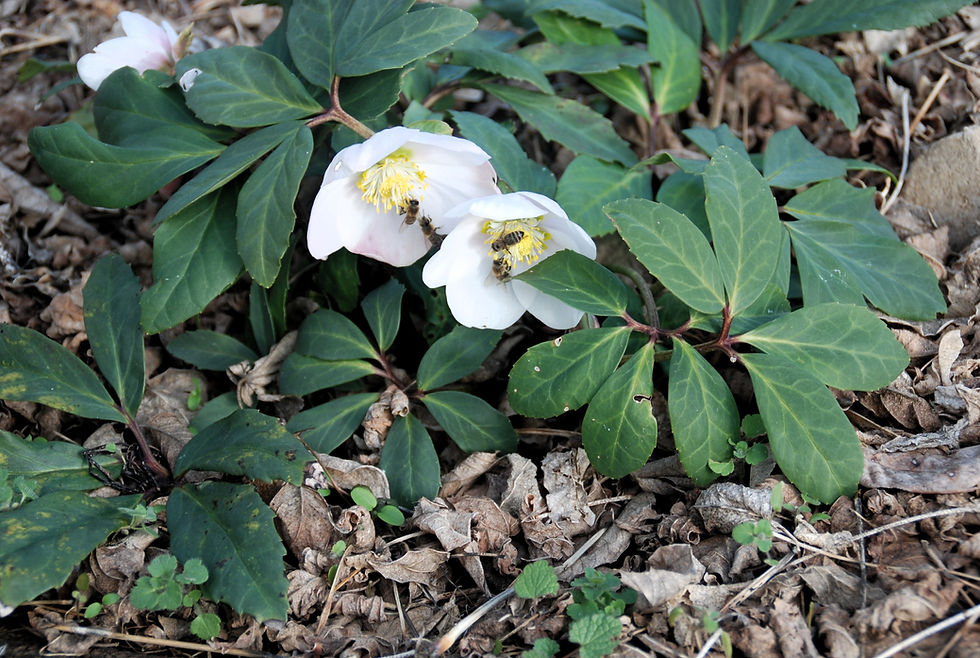Happy New (Bee) Year!
- Klaus Heinzel

- Jan 9, 2025
- 2 min read

Dear friends and supporters of our foundation,
Firstly, we would like to wish you a happy new year. Let us hope that, in addition to all the ‘noise’ around us, it will also be a peaceful year in which many things will change for the better.
Of course, we also hope that it will be a good year for nature, our bees and all other insects. Why not.... you could say. But this view would be too flippant and superficial. In any case, we will continue our research and try to achieve valid results.
But of course many factors play a role. One very significant influence on bee health is the climate. And that is a very acute concern for us. Here at our research centre in Hungary, we are currently experiencing large ‘temperature jumps’ that are not conducive to beekeeping.
In the past few days we have had temperature fluctuations ranging from - 6° to + 14° Celsius. In other words, a range of 20°. As a result, many bees are already flying out, motivated by the temperature and the sunshine. Many bees are then unable to find their way back in time, as the thermometer drops rapidly just one hour before sunset.
In addition, the supply of pollen and nectar is practically non-existent at the moment. The picture above shows a few Christmas roses (helleborus niger), some of which were visited by 20 bees or more the day before yesterday. A few of these beautiful plants do not provide enough food to compensate for the energy loss that occurs during the excursions. Our weight checks of the hives have shown that the weight loss is currently ten times higher than normal in some cases. The bees are consuming an above-average amount of honey from their winter stores, which must last for another 6-8 weeks. We fear that this will not be the case for many colonies.
To counteract this effectively, we therefore urgently appeal to all beekeepers to carry out these weight checks and to feed the bees if they are losing too much honey. If possible, this should be done with their own honey. If this is not available, sugar can also be added in this exceptional situation, although we are against this in principle. It makes sense to add herbal tea to the sugar solution. We advise against buying honey for supplementary feeding, as it is almost impossible to determine how contaminated this honey is with harmful substances. A different situation arises if a beekeeper you trust provides honey for this purpose.
We ask you all to pay close attention to this issue.
Once again, have a good year and best wishes,
Yours
Klaus Heinzel
- Founder -




Comments